Time Is Not Money, and Cash Doesn’t Talk
By Dady Chery and Gilbert Mercier
The expression “Time is money” was coined by Benjamin Franklin. It is a relatively new saying, among countless others, that represents the rot that started to eat at the core of our global social edifice during the industrial revolution. With the exchange of clock hours for money began the notion of time as being an entity independent of any natural phenomenon. Such a concept is still absent from some cultures like that of the Amondawa, a rare Amazonian tribe that had the luck to remain isolated from modernity. Of course, the Amondawa understand the idea of meeting somebody at sunset, or tomorrow, but time as something with a value per hour that may be traded for goods and services is unknown to them.
Once the capitalist equation “time = money” kicked in as a social golden rule, life progressively turned into death on an installment plan. For thousands of years before this, human societies, independently of their locations, closely followed the rhythms of nature with immense respect. One did not clock in, but one was aware of the sunrise, sunset, and phase of the moon. The seasons guided the kind of work to be done, and factors such as the tides, atmospheric conditions, actions of other living things, determined the day’s agenda. This delicate harmony with our natural world has been put in jeopardy by the arrogance and stupidity of our anthropocentric tunnel vision: the notion that the Earth and its other inhabitants exist to serve us. The idea of putting a price tag on nature’s services, for example, based on the time that is saved by humans, is an insane concept that belongs distinctly to our age. We have lost our compass. Global capitalism has uprooted us and time from nature to make of us slaves who chase after immortality in the form of money: a morbid illusion.
Money is the ultimate addiction. If alcoholics and drug addicts can seek help and are often obliged to do so by the courts, the addicts to money accumulation are revered and put on a pedestal. For global capitalism, only “money talks,” and it does so with the astounding power of a giant bullhorn. The likes of Warren Buffet and George Soros are the deus ex-machina of the money worshipers. These two titans of global investment are regarded as geniuses, yet their only talent is to make money with money. Do they produce tangible goods and services? No. Do they genuinely dedicate their energies to the improvement of the overall human condition? No.
In fact, the super-rich are those who raise the disease of miserliness to a high art. In his book The Art of Being, published posthumously to avoid misunderstandings, psychologist Erich Fromm introduced the notion of the rich miser and described this pathology in its details. A notorious example was the automobile manufacturer Henry Ford, who is reputed to have worn each pair of his socks continuously until they were so tattered, they could no longer be mended. Overall, rich misers, despite their sometimes impressive demonstrations of philanthropy as an image for public consumption, suffer from an inability to let go of things such as their energies, thoughts, words, and quite commonly their semen and stools. Yet they, with their impotence and constipation, successfully manage to persuade countless disciples that nothing is valuable if it is not expensively bought or sold.
By the above analysis, dear reader, this article is of no value because you did not buy it in a glossy magazine. More insidious than this, the values of rich misers are continually imposed on the world through the adoption of parameters such as GDP growth, which measures the increased flow of money through an economy, as being the definition of wealth. Thus real wealth becomes confused with money, and as people get more alienated from each other and the natural world, they become defined by what they have rather than what they are. Any society may be viewed as being terminally ill when money assets come to define the value of a person.
While those few who hold vast sums of money may be heard through countless channels and leverage their influence on public discourse into power, the vast majority of humans scramble for survival and go unheard. Currently the mega-rich and their banks such as the IMF and World Bank casually impose their diktats on individuals and nations alike. Cyprus has caved in; soon it will be Egypt, which is on the verge of insolvency. Where political power runs amok in its permanent quest for profit, extreme money concentration induces a systemic disaster. Those who do the bidding for the rich race like rats spinning in a wheel who are bent on powering the implement for their destruction. “I can’t quit the rat race, because I have kids to feed and a mortgage to pay,” they say. But this is a cop out, and the rat race is relayed from one generation to the next. As this complex game of chess between rich and poor is played out, pawns, king and queen risk winding up in the same box.
The Cree Indian proverb “When the last tree has died, the last river has been poisoned, and the last fish has been caught, we will realize that we cannot eat money” provides a wiser perspective on the grim reality that widespread greed is creating for us. This Cree scenario of doom will be on our horizon probably within two decades, partly because those of us who say that we wish to “Save the Planet” are as arrogant as those who are bent on destroying the environment for their short-term gains. The planet has seen several mass extinctions; new species will spring up, quite without us. Realistically put, our goal at best is to save human kind from becoming an index species: the sort that enjoys tremendous success, but over such a brief period that its fossils ultimately serve to mark a geological era. To save ourselves, we must understand with a devoutness stronger than for any organized religion, that we exist at the pleasure of the other living beings on Earth. We must appreciate that we subsist, not because of our cleverness as an isolated species but our membership in a delicately-balanced living ensemble.
Editor’s Note: All photographs by ‘Tax Credits’.
Related Articles

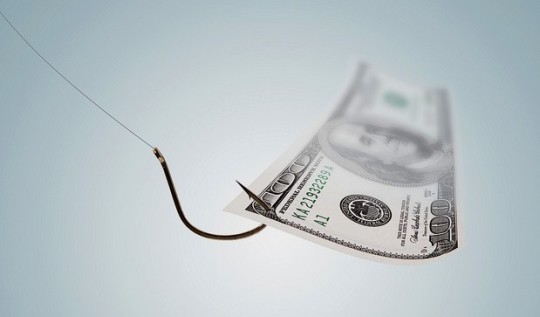
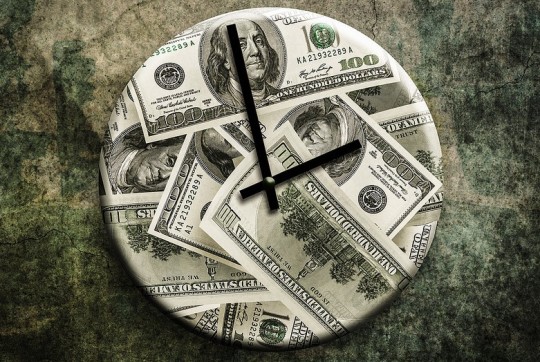
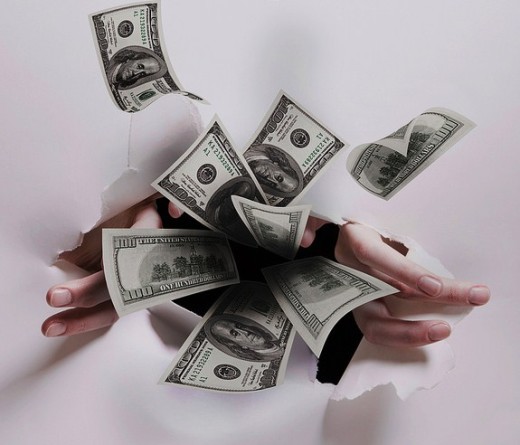
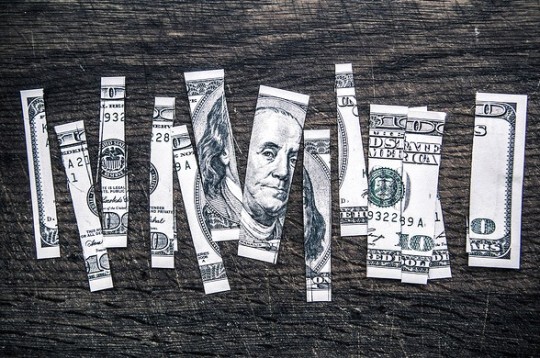


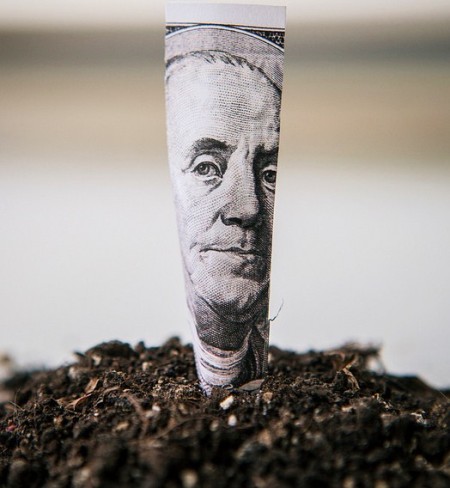











13 Responses to Time Is Not Money, and Cash Doesn’t Talk
You must be logged in to post a comment Login